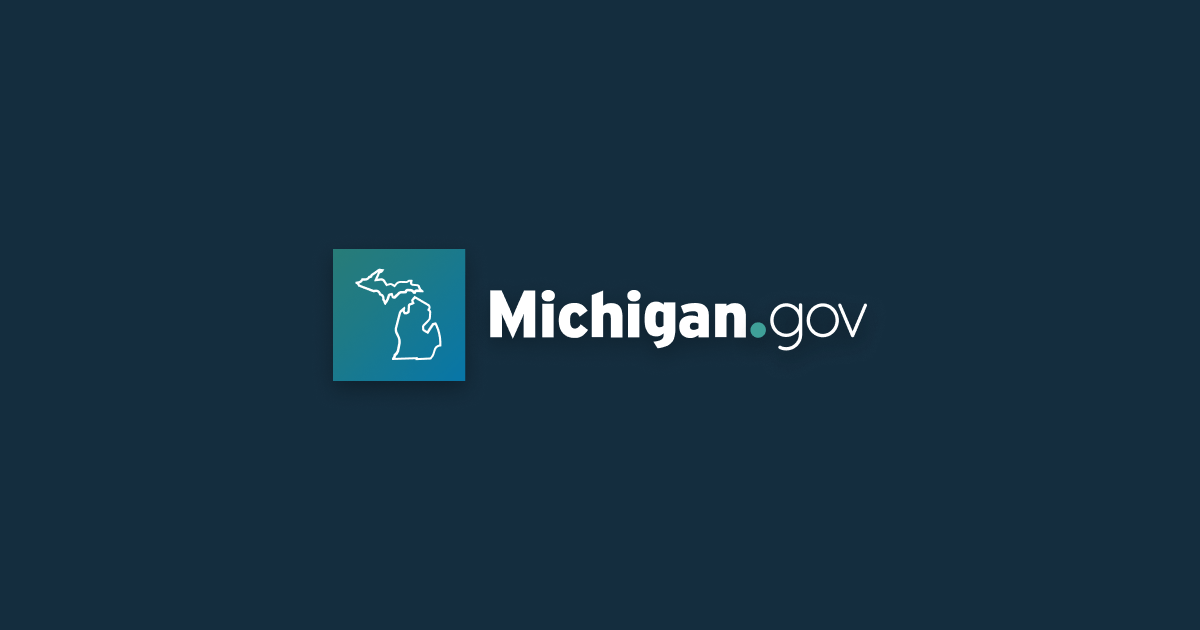Infra
Gov Whitmer Signs Executive Directive to Train Infrastructure Workers

Gov. Whitmer Signs Executive Directive to Train 5,000 Infrastructure Workers
Executive Directive 2024-1will grow Michigan’s workforce, help us harness federal resources
PONTIAC, Mich.—Today, Governor Gretchen Whitmer signed Executive Directive 2024-1 to help train 5,000 new infrastructure workers, who will each earn an industry-recognized certificate or credential or receive on-the-job training. The Michigan Department of Labor and Economic Opportunity (LEO) will work to ensure all 5,000 workers receive their training and are placed in good-paying jobs.
“We are building up our infrastructure in Michigan, from our roads and bridges to our pipes and high-speed internet,” said Governor Whitmer. “To help us get the job done, I am signing an executive directive today that will help train 5,000 new infrastructure workers. Thanks to our partners in the Biden-Harris administration, we have already received more than $10 billion to build up our infrastructure and there are billions more headed our way for advanced manufacturing, clean energy, and so much more. Let’s harness this extraordinary opportunity by creating good-paying, high-skill job opportunities for Michiganders.”
“We continue to deliver on efforts that ensure Michigan has the workforce needed to maximize historic federal and state infrastructure investments,” said Susan Corbin, LEO Director. “This directive will prioritize barrier removal and ensure equal access to infrastructure career and education opportunities so Michigan can build the diverse, inclusive workforce of the future.”
“Michigan is full speed ahead on infrastructure, and the hardworking men and women of the building and construction trades stand ready to get the job done,” said Steve Claywell, President of the Michigan Building and Construction Trades Council. “Governor Whitmer and our friends in the Biden-Harris administration have made building infrastructure a priority, and today’s executive directive will help thousands more Michiganders get the skills they need to land good-paying union jobs. We are excited to demonstrate the skills of our registered skilled workforce at the forefront of innovation and reliable infrastructure in the state as we continue to fix roads and bridges, upgrade water systems, and so much more. Together, we will create more paths to the middle class in Michigan through good-paying union jobs.”
“Investing in workforce readiness isn’t just the key to building world-class infrastructure, it literally transforms lives,” said Chong-Anna Canfora, Executive Director of the Michigan Workforce Development Institute. “Our work to provide free access to apprenticeship-readiness training and open up paths to the middle class via the skilled trades, particularly for women and other underrepresented groups in the construction industry, is made possible by support from state and federal leaders. We applaud Governor Whitmer for making workforce development a key pillar in her statewide infrastructure plan, and are especially grateful to the Biden administration for dedicating this crucial funding to support us as we do this work.”
“As Michigan moves toward implementing a long-term, equitable, and sustainable infrastructure investment plan, we will need a strong workforce to fix our roads and bridges,” said Rob Coppersmith, Executive Vice President of the Michigan Infrastructure & Transportation Association. “Michigan’s construction industry stands ready to build the infrastructure that future generations will rely on, and we’re excited by the Governor’s action to grow our construction workforce.”
Infrastructure Workforce Executive Directive
Today’s executive directive will help train 5,000 new infrastructure workers who will each earn an industry-recognized certificate, credential or receive on the job training.
By May 1, 2025, LEO will establish a statewide strategy to meet infrastructure workforce development goals. This can include, but is not limited to, creating clear pathways for target occupations, skillsets, and priority populations. The plan shall set a goal to facilitate the training of 5,000 infrastructure workers by January 1, 2030. Each worker receiving training from an educational entity shall be issued an industry-recognized certificate or other industry-recognized credential, which includes (but is not limited to) a United States Department of Labor registered apprenticeship.
To implement these goals, LEO will coordinate with other state departments and agencies, including the Department of Transportation, the Department of Environment, Great Lakes, and Energy, and the Michigan Infrastructure Office. LEO will also gather data to determine where to increase workforce capacity and how to allocate investments among existing high-performing programs.
The full executive directive can be found here.
There will be robust engagement to develop the statewide strategy to meet infrastructure workforce development goals. For more information on infrastructure workforce efforts, individuals can visit Michigan.gov/InfrastructureWorkforce.
Michigan’s Statewide Workforce Plan
Last month, Gov. Whitmer released the Michigan Statewide Workforce Plan. The plan, unanimously approved by the Michigan Workforce Development Board, marks the first time the State of Michigan has laid out a formal vision to create jobs, support workers and employers. It is yet another example of how Michigan is leading the way in workforce development.
The Workforce Plan lays out a comprehensive, all-access roadmap of ambitious strategies and data-driven actions necessary to build on Michigan’s success and ensure all Michiganders have the skills, opportunities, and support they need to make it in Michigan.
Michigan’s workforce system is #1 in credential attainment for adults, #2 in helping adults get employed and #6 in the nation for registered apprenticeships. Michigan serves more workforce participants than any other state in the Midwest.
Biden-Harris Administration’s Infrastructure Investments in Michigan
Michigan has already received $10.4 billion from President Biden’s Bipartisan Infrastructure Law (BIL). There are projects underway across Michigan as a direct result of the law including roads, bridges, high-speed internet, water, and electric vehicle chargers. Click here for a map of all BIL projects in Michigan.
###







:max_bytes(150000):strip_icc()/roundup-writereditor-loved-deals-tout-f5de51f85de145b2b1eb99cdb7b6cb84.jpg)


